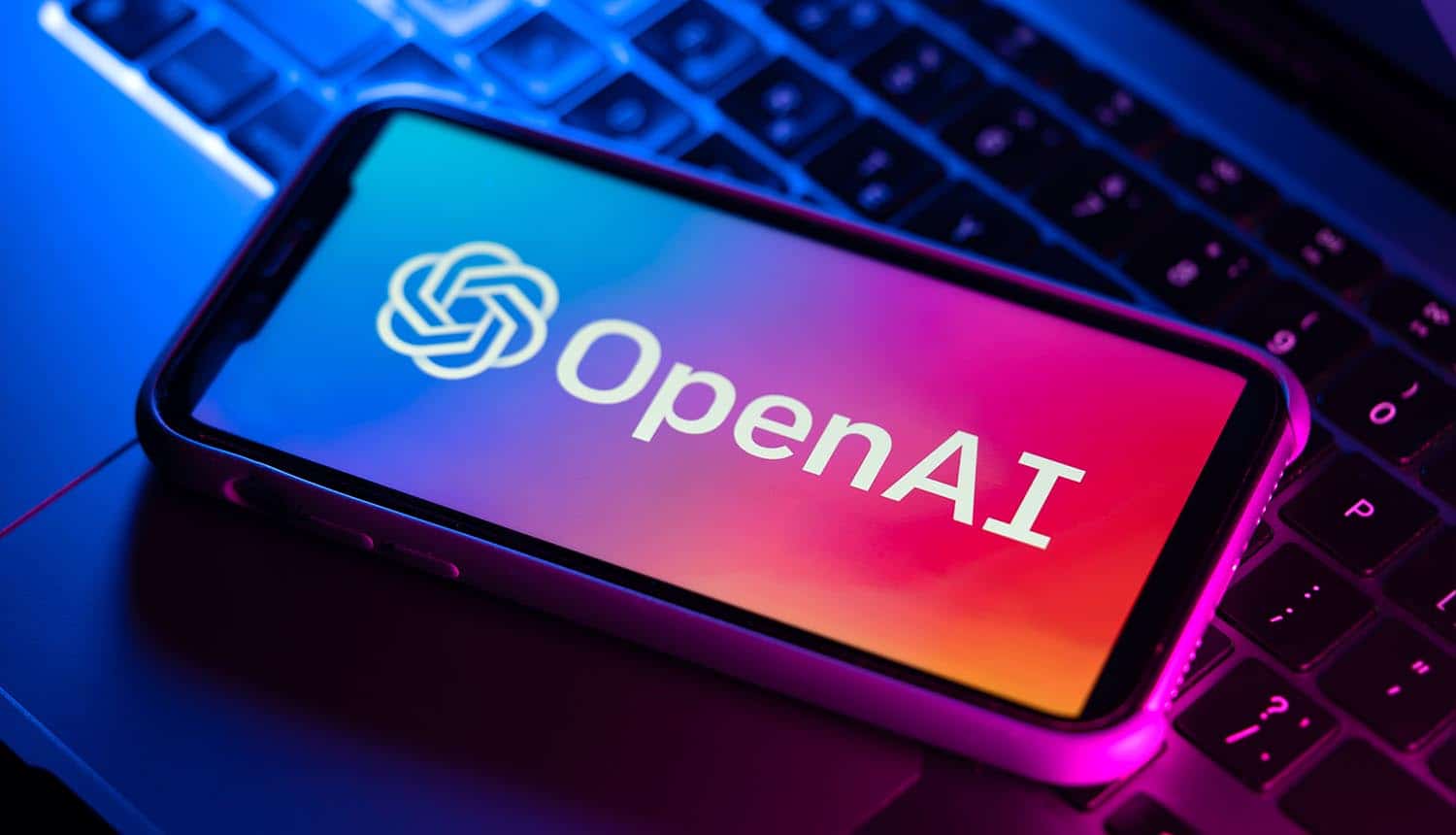OpenAI Faces FTC Investigation: Concerns Regarding ChatGPT's Data Practices

Table of Contents
The FTC Investigation: What We Know
The FTC, responsible for protecting consumers from unfair or deceptive business practices, has the authority to investigate companies like OpenAI for potential violations of federal laws. This investigation into OpenAI's ChatGPT data practices stems from several key areas of concern.
Data Collection and Usage
ChatGPT collects vast amounts of data to function effectively. This data collection includes:
- User inputs: Every conversation, prompt, and response is logged.
- Browsing history (if integrated): Depending on the platform, ChatGPT may access browsing data.
- Metadata: Information about your interactions, such as timestamps and location data (if permitted).
The transparency of OpenAI's data policies regarding ChatGPT has been questioned. While OpenAI provides a privacy policy, critics argue that it lacks clarity and detail regarding the precise extent and purpose of data collection and usage. Alleged discrepancies between stated data practices and actual practices are a significant part of the FTC's investigation, focusing on the potential misuse of collected information and whether users are fully informed about how their data is utilized.
Potential for Bias and Discrimination
A significant concern surrounding ChatGPT's data practices is the potential for algorithmic bias. ChatGPT's responses are shaped by the massive dataset it's trained on, and if this data reflects existing societal biases, the AI can perpetuate and even amplify these biases.
- Biased data: The dataset used to train ChatGPT may contain skewed representations of different groups, leading to unfair or discriminatory outputs.
- Discriminatory outcomes: This bias can manifest in discriminatory responses, reinforcing harmful stereotypes or exhibiting prejudice against certain demographics.
- Examples of potential bias: Reports suggest instances where ChatGPT provides biased responses based on gender, race, or other protected characteristics. The FTC investigation is likely examining these instances closely.
Data Security and Privacy Breaches
The vast amount of sensitive data collected by ChatGPT raises concerns about data security and the potential for privacy breaches.
- Vulnerabilities: Like any large-scale online system, ChatGPT faces potential vulnerabilities to hacking and data breaches.
- Past/future data breaches: While no major breaches have been publicly reported, the potential for future breaches remains a serious concern.
- Consequences of data breaches: A breach could expose users' personal information, leading to identity theft, financial loss, and reputational damage. The FTC is keenly interested in OpenAI's data security measures and their effectiveness in preventing breaches.
Children's Data Privacy
The collection and use of children's data are subject to strict regulations, particularly the Children's Online Privacy Protection Act (COPPA) in the United States.
- COPPA compliance: The FTC's investigation is likely scrutinizing whether OpenAI's ChatGPT practices comply with COPPA, given that children may use the platform.
- Risks to children's privacy: The potential for data misuse and the lack of parental consent raise serious concerns about the protection of children's data.
Implications for Users and the Future of AI
The FTC investigation into ChatGPT's data practices has significant implications for both users and the future of the AI industry.
- User trust: The investigation could erode user trust in ChatGPT and other AI tools, impacting their adoption and usage.
- AI industry regulations: The outcome of this investigation could shape future regulations regarding data privacy in AI development and deployment. This could lead to stricter requirements for data transparency and accountability.
- Changes in data handling: OpenAI might be forced to implement significant changes to its data handling practices, potentially affecting the functionality and performance of ChatGPT.
- Increased user awareness: The investigation will likely raise awareness among users about their data privacy rights and the importance of understanding how AI tools handle their personal information.
Conclusion
The FTC investigation into OpenAI's ChatGPT data practices highlights critical concerns about the responsible development and deployment of artificial intelligence. The potential for bias, data breaches, and violations of user privacy necessitates a thorough examination of current practices and a commitment to greater transparency and accountability. Understanding the complexities surrounding ChatGPT data practices is crucial for both developers and users. Stay informed about the ongoing investigation and advocate for responsible AI development that prioritizes user privacy and data security. Learn more about protecting your data when using AI tools like ChatGPT and continue to monitor the developments surrounding this critical issue. Responsible ChatGPT data practices are essential for the future of AI.

Featured Posts
-
 The Bold And The Beautiful April 9 Recap Steffy Blames Bill Finn Rushes To Icu
Apr 24, 2025
The Bold And The Beautiful April 9 Recap Steffy Blames Bill Finn Rushes To Icu
Apr 24, 2025 -
 Recent Bitcoin Btc Rally Factors Influencing Price Increase
Apr 24, 2025
Recent Bitcoin Btc Rally Factors Influencing Price Increase
Apr 24, 2025 -
 Hisd Mariachi Groups Viral Whataburger Video Sends Them To Uil State
Apr 24, 2025
Hisd Mariachi Groups Viral Whataburger Video Sends Them To Uil State
Apr 24, 2025 -
 Tesla Q1 Profits Plunge Amid Musks Political Backlash
Apr 24, 2025
Tesla Q1 Profits Plunge Amid Musks Political Backlash
Apr 24, 2025 -
 Ella Bleu Travoltas Dazzling Makeover At 24
Apr 24, 2025
Ella Bleu Travoltas Dazzling Makeover At 24
Apr 24, 2025
